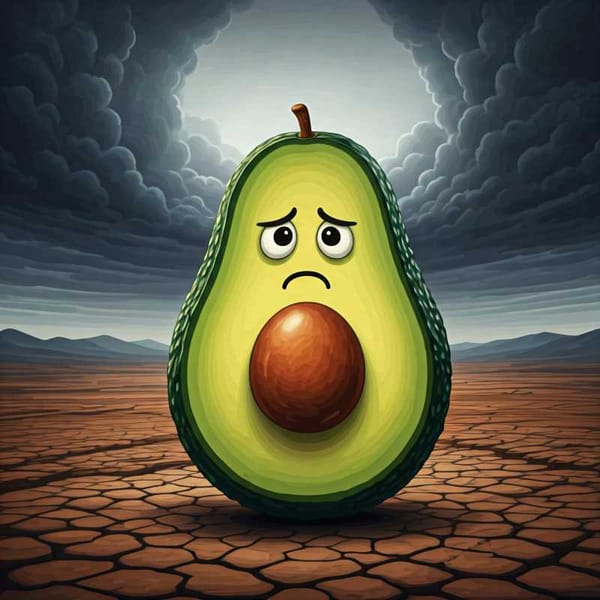Wholemeal or refined flour? How are they different?
There are many differences between wholemeal and white flour, but if both are wheat, why does consuming one or the other influence our weight?

There are many differences between wholemeal and white flour, but if both are wheat, why does consuming one or the other influence our weight?


Mexico's fight against human trafficking is hampered by a lack of specialized training for investigators, particularly in "psychology of testimony," says UNAM expert. This deficiency leads to contaminated evidence and hinders justice for victims.

Soil: not just dirt! Vital for food, water, and fighting climate change, says UNAM expert. Over-farming and deforestation are killing it. We need to cherish soil or face a planet-sized disaster.

Mexico's sugarcane industry thrives through remarkable cooperation between growers, millers, and industrialists, boosting yields and contributing to food sovereignty. Their success includes social security for all workers and innovation in producing sugar, biofuels, and rum.

In 1968, the Mexican army besieged Ciudad Universitaria, arresting 1,500+ students, teachers, and staff. 10,000 troops targeted the National Strike Council (CNH). The operation, involving the Olimpia Battalion and DFS (political police), led to imprisonment and disappearances.